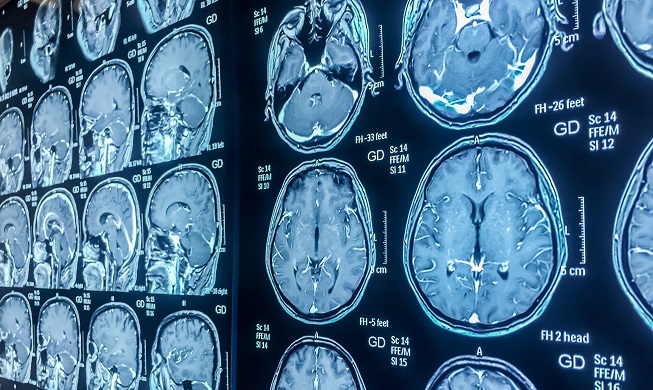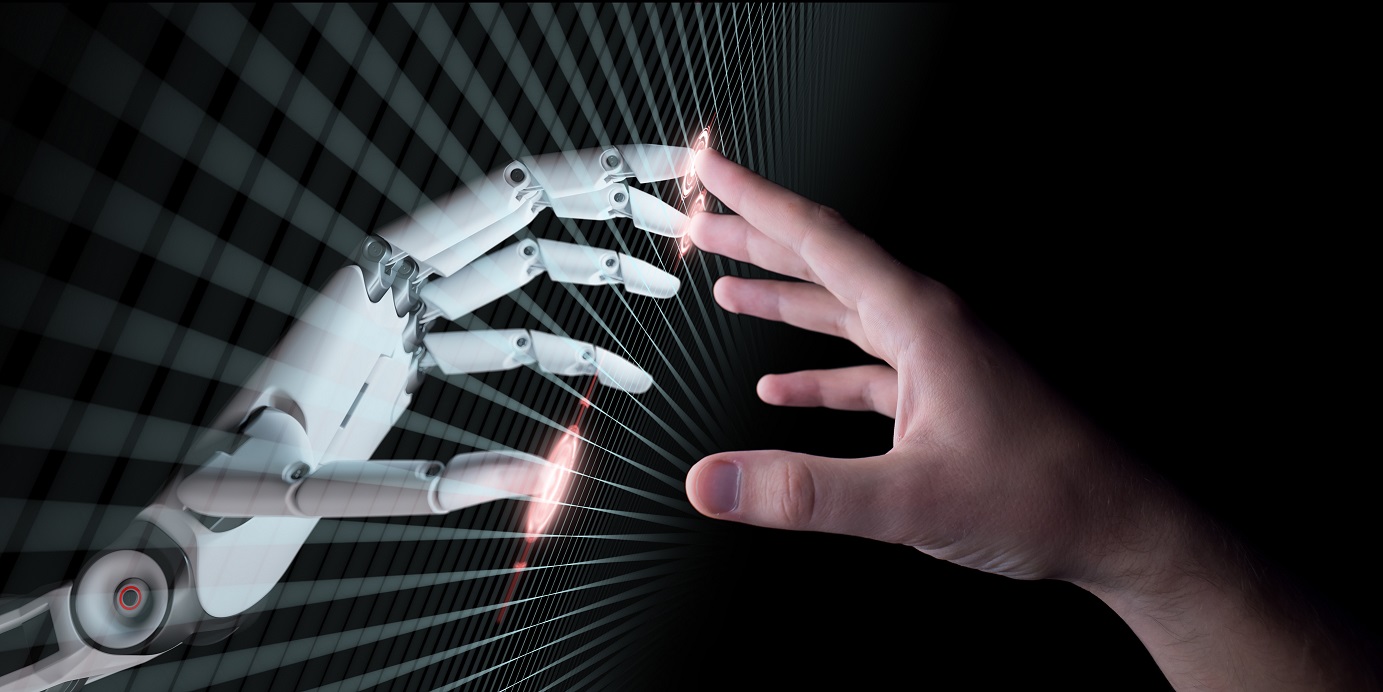In what experts are calling the 'biggest event in human history', the Artificial Intelligence Revolution has well and truly arrived.
Convening at the International Joint Conference on Artificial Intelligence (IJCAI), academics spoke at length about the changing job landscape and the future of artificial intelligence (AI) under the AI Revolution.
ACS President Anthony Wong said the AI Revolution did not intend to replace jobs.
"Rather, it’s about replacing tasks or activities," he said.
As stated in the McKinsey report, Wong cited 60 per cent of jobs would have 30 pecent of their activities automated. In total, only 6 percent of jobs would be lost to automation.
These jobs, however, would be replaced with many more, a statement echoed by UNSW Artificial Intelligence Professor, Toby Walsh.

"There's actually no need for anyone not to have a job, because there's almost an unbounded number of jobs we could create if we wanted," he said.
As automation becomes more pervasive, new jobs will be created in industries like tech, education, healthcare, finance and aged care on par with AI; to maintain, research and develop it.
"It's hard to imagine any aspect of our life which won't be automated," said Walsh.
Currently, and as far as the future of AI can reasonably predict, automation has the capability to make tasks undertaken by humans easier, by replacing simple but tedious physical and mental activities. It does not, however, have the ability to supersede human knowledge.
Professor Carles Sierra of the Institute of Research on Artificial Intelligence of the Spanish Council for Scientific Research (CISC) said the role of AI is to complement human lives to improve industries like education, aged care and healthcare. Education is Australia's third-largest sector and heralded for its AI innovation in tertiary institutions.
Stuart Russell, Professor of Computer Science at UC Berkeley, said thought manipulation is what sets us apart from AI.
"3D printing and genetic engineering are all the results of our intelligence," he said.
"If AI succeeds and we generate intellectual capacities that are much greater than our own and we figure out how to use them for our own ends, and not have them out of control."
For example, a sufficiently intelligent AI system would have the capability to invent something like 3D printing without human interference, he added.
On the healthcare front, AI has been used to a run kidney exchange program for the United Network for Organ Sharing in the United States.
"Our AI makes a transplant plan for kidney transplants for 159 transplant centres autonomously, twice a week," said Pittsburg's Carnegie Mellon University Professor of Computer Science, Tuomas Sandholm.
Sandholm said the best application of AI in healthcare surrounds decision making, treatment planning, and drug discovery.
"[Our AI software] is actually making life and death decisions for most of the transplant centres in the US when it comes to kidney exchange," he said.
This use of AI complements human jobs.
Human advantage
Conversely, these same industries are also protected from complete automation due to their reliance on human interaction.
Both industries rely heavily on interpersonal interactions, especially roles such as teachers and nurses.
Walsh said humans have three advantages over machines: social and emotional intelligence, creativity and adaptability.
"If you work in a very people-facing job and have good social and emotional intelligence, then you're safe," he said.
Jobs in sales, PR and HR are prime examples of jobs involving these skills.

"At the moment computers are very bad at dealing with people; they're very brittle, they aren't creative," said Walsh.
However, it isn't just people-facing jobs which will survive the revolution.
"Machines are really bad at anything that requires complex physical or cognitive manipulation."
Joelle Pineau is an Associate Professor and William Dawson Scholar at Montréal's McGill University where she co-directs the Reasoning and Learning Lab. She said we are far from being a fully autonomous society.
"Right now, AI is quite good at relatively narrow tasks where the information is encapsulated. So, for example, when we look in the medical field, one of the areas identified where human involvement is not needed for much longer is radiology," she said.
Examining these relatively uniform images is one application that can be replaced by machines in the short term.

"However, when you think of something like nursing that requires complex physical and human interaction, as well as integration of complex information, that's a lot harder to tackle in machines," said Pineau.
Humans have many strengths that machines do not have the capacity to emulate, and thus these skills, and jobs relating to these skills, are unlikely to be replaced.
"We're social animals, we prefer human interaction," said Walsh.
Jobs at risk
According to Pineau, at end of the Industrial Revolution, Americans working in farming had dropped from 40% in the early 1900s to 2-3% by the turn of the century. Employment rates, however, skyrocketed.
She said comparisons could be made with the current revolution, boiling down to human adaptability.
"I think humans are incredibly creative and will find new ways to participate in society," she said.
Wong echoed Pineau's statement.
"Since the beginning of civilisation, we’ve been using tools to help us with the things we do; it’s not something we’re unfamiliar with, so it’s not something we should be fearful of. It’s part of that journey," he said.
Though the impact of AI on industries has been immense, and will no doubt continue to replace and enhance manual work, its impact cannot be determined for certain.
"It's very hard to predict in particular which jobs are likely to lead to automation versus others," she said.
Pineau wasn't the only academic to stand by this statement. As stated by Russell, AI's pervasiveness is difficult to predict.
"We need half a dozen major conceptual breakthroughs before we reach human level AI, and there's no guarantee of when that's going to happen," said Russell.
'Human level AI' is what Russell refers to as systems that can complete complex cognitive and physical tasks. At present, academics predict these skills are unlikely to be replicated by automated systems, at least not in the next 50 - 100 years.
Despite a huge investment in research about artificial intelligence and rapid progress made in various industries over the last five years, research could reach another plateau for 25 years before a next big breakthrough.
And though AI will not solve problems that even humans cannot, what we do know is that it's rapidly evolving.
"Three years ago, we didn't think AlphaGo could be made to beat out humans, and now it has," he said.
Predictions
From the short-term predictions that could be made, the academics at IJCAI stated various industries and applications that AI could pervade.
Transport, aged care, the use of drones and language understanding -- both verbal translation and applying practice by understanding text -- were industries and applications where AI was predicted to boom.
Professor Sierra of CSIC said under the AI Revolution, the world would be shifting from "possession to access of things".
"Like the internet, AI is something that has no boundaries," he said.










